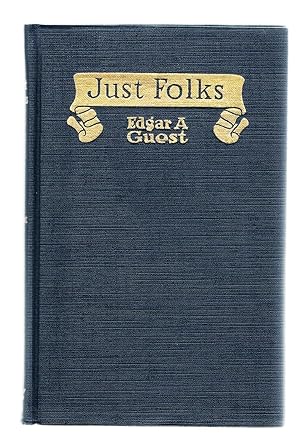The Little Army
byThe Little Army begins with an image full of energy and color—young boys and girls playing with all the seriousness of real soldiers, though their battles are imaginary and their weapons made of wood. With paper hats proudly worn and broomsticks clutched like rifles, they march to rhythms tapped out on tin cans and toy drums. Their faces glow with joy, their eyes lit by dreams, not yet shadowed by the weight of the world. Each step they take, each shout and cheer, builds a world where fear does not exist. In this make-believe army, laughter is the language, and every charge forward is just another way to feel brave. The battles they fight are lighthearted, but their spirits are sincere. They do not know they are rehearsing for something they may one day face in real life, and maybe it’s better that way.
These children are not merely acting out scenes—they are embodying a freedom that only youth can claim. The world around them could be busy, broken, or burdened, but their imaginations are untouched. They find adventure in gardens, glory in a patch of sunlight, and camaraderie in shared mischief. There is something sacred about this kind of play, something that adults often forget as responsibilities grow and time slips away. Their innocence is not ignorance—it is power. It allows them to fully inhabit the moment, to cheer and pretend and believe, without doubt or fear. They are too young to know how fleeting such moments can be, but perhaps that’s why those moments matter so much. In their eyes, a cardboard crown is just as noble as any real one.
Watching from the sidelines stands an adult, a former child soldier in his own small army, now worn with years and quieter in spirit. He smiles, but beneath the smile is longing—a deep ache to march once more among the carefree. His memories are clear: days when he too ran through fields with paper medals pinned to his chest, imagining valor and victory. Life was simpler then, even if the world wasn’t. What he wouldn’t give to swap today’s heavy armor of stress and duty for the light paper hat of youth. Just for a day, he’d trade his schedule and silence for laughter and scraped knees. But time, relentless and silent, has pushed him forward. Now, he can only watch, remembering how it once felt to lead the charge with nothing but courage and a stick in hand.
The contrast grows sharper as the man reflects. Where the children fight with joy, his battles now are real—gritty, complicated, and rarely glorious. He no longer charges through fields but walks through long hours and difficult choices. The courage he must summon now is quieter but no less demanding. It’s not the roar of a game, but the resolve to keep showing up when no one is cheering. Still, he envies their simplicity. Their ability to create purpose from thin air, to believe fully in what they do, even if only for the afternoon. They do not know that these moments will one day be the ones they wish they could return to. And that makes them even more precious.
He wishes, with all the tender ache of memory, that he could fall in line again. Be nine years old. Feel the warmth of the sun on his back and the joy of marching beside friends who believed they were heroes. Those days didn’t need meaning—they just were. And that was enough. Now, life asks for reasons, outcomes, and plans. The child he once was never worried about tomorrow. He just wanted to win today’s game, to laugh the loudest, and to fall asleep knowing he gave it his all. That kind of joy is rare in adulthood, but it once came easily.
The children keep playing, unaware of the eyes that watch them with a bittersweet smile. Their games will end, their paper hats will tear, and their broomsticks will be tossed aside. But today, they are undefeated. And the adult, though no longer marching, finds healing in their innocence. He knows he cannot return, but he can remember. And in that memory, there is comfort. For even if he cannot hold those days again, he can honor them. And maybe, in doing so, he keeps a little piece of that little army alive in his heart.

